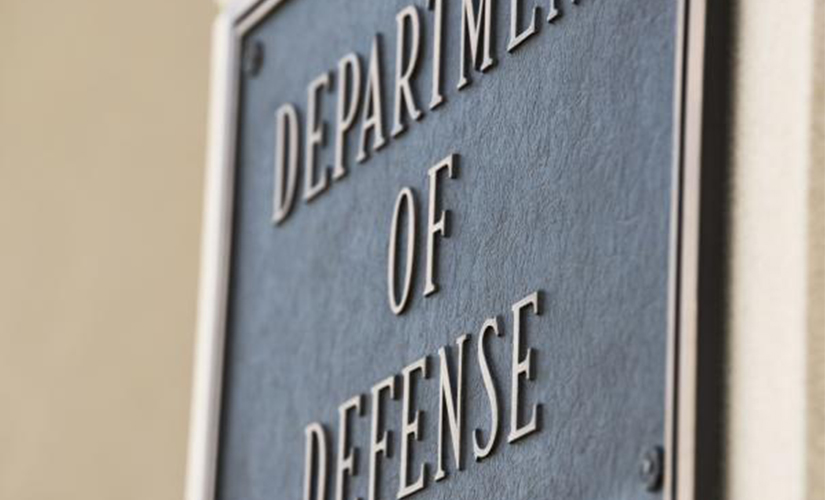Creation of a Unified Civilian Casualty Policy

Continuing the work of his predecessors, Defense Secretary Mark Esper is working to finalize a new civilian casualty policy governing U.S. military operations and defense security cooperation activities. This policy will outline best practices for minimizing civilian casualties in operations conducted by the U.S. military and its partners, and create uniform standards across combatant commands for verifying, reporting, and responding to civilian casualties. This initiative arose in response to years of public criticism over discrepancies in the reporting of civilian casualties between the Department of Defense (DoD) and non-governmental organizations (NGOs), and renewed congressional requests for oversight.
The new policy plan will build upon the problems outlined in a study published in 2018 on civilian casualties in Africa and the Middle East between 2015-2017. Conducted by the National Defense University’s Institute for National Strategic Studies, this study drew from military literature, casualty databases, interviews with operators and DoD staff, and external reporting to assess current policy towards civilian casualties. The study concluded that within the U.S. military there are inconsistencies in the standards for internal reporting on civilian casualty incidents and for verifying external allegations.
A DoD report published in February shows that the problems outlined by this study will directly inform the new civilian casualty policy. The report details progress made in overhauling the DoD’s rules and procedures for responding to civilian casualty incidents. The report reveals that several DoD components have embarked to revise and align their civilian casualty policies. This new policy will also provide an updated list of best practices for reducing the likelihood of civilian casualties, as well as a publicly available means of submitting allegations of civilian casualties caused by U.S. military operations.
What remains less clear is how this new policy will respond to allegations of civilian casualties caused by U.S. military partners. This issue has become increasingly prevalent as Congress has moved to block the sale of arms to Saudi Arabia in response to reports of significant civilian casualties in the ongoing conflict in Yemen. A report by multiple NGOs found that munitions manufactured in the U.S. and Britain were used in airstrikes launched in civilian areas including “educational and health facilities”. Currently the U.S. does not investigate these airstrikes, instead focusing on working with the Saudi-led coalition to develop policies designed to limit civilian casualties.
While the final policy is scheduled to be completed in 2020, work is already underway to ensure that foreign military sales are in keeping with U.S. policy on minimizing civilian harm. In September the head of the Defense Security Cooperation Agency (DSCA) announced the completion of the Defense Security Cooperation University. This University will provide training to allies and government employees engaged in security cooperation in avoiding civilian casualties. By providing training to those engaged in foreign military sales, the University aims to increase the capacity of its partners to use U.S. provided equipment in ways which minimize the risk of civilian casualties. The University’s first president, Cara Abercrombie, aims to train over twenty thousand DoD officials within the next two years.
Topics: Defense Department, Government Policy


Comments (0)